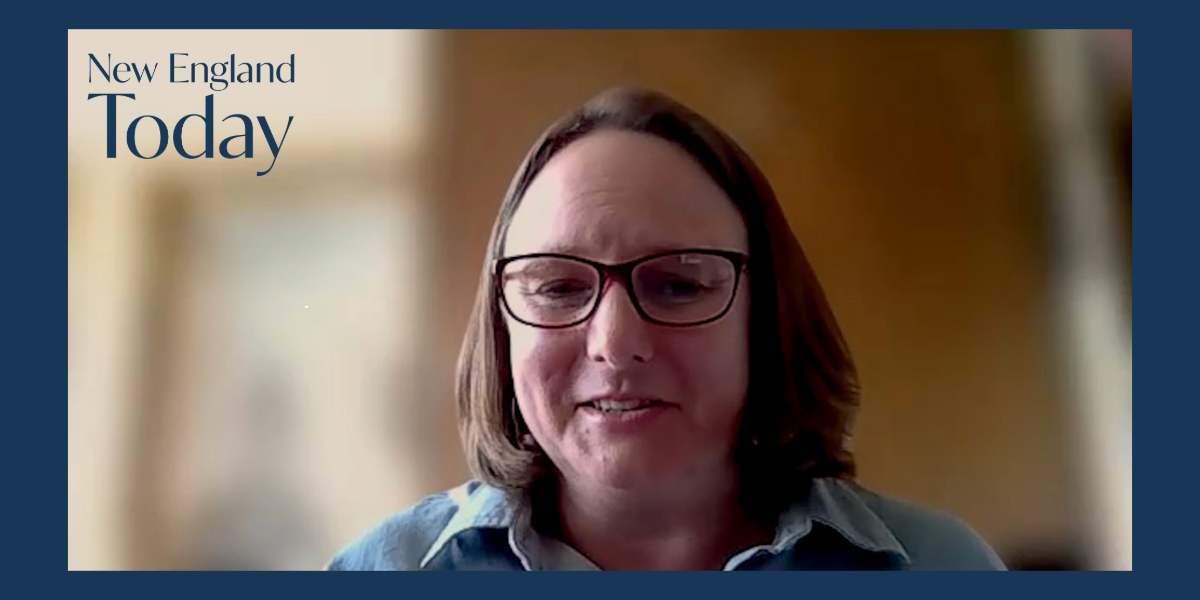Not long ago, the stigma attached to mental health created as much pain as a mental health condition itself. “Shake it off” was the advice, and denial was the standard treatment.
In 2024, the mental health issue stigma is eroding, albeit slowly.
Elizabeth Rosser from Southern New England Landcare (SNE Landcare) is acutely aware of the connection between mental health and land care.
“In helping people, we are helping the land…because without the people we can’t do the land care”.
Excuse the pun, but that seems like a no brainer.
Sadly, there are people living on the land in the New England who battle with mental health issues but feel there is nothing they can do about it. That is where Elizabeth Rosser fits into the picture. Elizabeth and SNE Landcare train people in Mental Health First Aid workshops.
“It’s like normal first aid…learning to be the first responder for some one who is having a mental health crisis” she says.
The training teaches you what to look for in a person when you suspect them of having a mental health issue.
“You don’t have to treat them or talk them off the ledge…but you are there to point them to the services that can help them”.
The problem with farmers
Elizabeth Rosser says that one of the major obstacles for farmers is that many don’t want to leave the farm. This isolation can become a problem if they are struggling with a mental health issue. The real issue lies mainly with men. Women tend to build better networks through children and schools, and as Elizabeth says: “Women being women, that’s what they do, they develop those networks”.
Men however need a reason to leave the farm. They generally aren’t interested in a mental health workshop, but they are interested in events that are focused on farming and improving their business.
The social connection comes in the form of lunches and dinners, and smokos before and after the main event.
“We foster those relationships and make it validating… not just about farming, but about getting out and making those connections and having some time away (from the farm)” says Elizabeth.
Many farmers are not overly interested in small talk and connecting socially, unless there is a purpose to the connection. Elizabeth has just finished a two-year project with the University of New England called the Drought Resistance Pasture Landscape Project. It brought farmers from across the New England together where they spent time on one another’s farms in groups discussing farming, and as a byproduct, social issues.
“Watching that social connection develop from the beginning” say Elizabeth, from the uneasy, stilted introductions to “how comfortable everyone was with each other towards the end…with the laughter and the chat.”
What happened to social connection
We all live a seemingly busy life. We need to make priorities in what we do from day to day, and with both parents working, and kids, social connection is relegated to the bottom of the list.
“We don’t seem to do those tennis days, BBQ lunches and those things that really seemed to be important,” says Elizabeth. Those events gave us the connection we need as human beings, but now, we need to find those connections again.
In the meantime, Elizabeth Rosser and SNE Landcare are running Mental Health First Aid workshops. The workshops teach us how to identify someone with anxiety, depression. They focus on suicide awareness, self-harm, and they explore mindfulness and how to recognise psychosis.
The more people who are aware of the signs of a mental health issue the better it will be for those suffering. That includes their family and friends, and from a practical perspective, their business.
Watch the full interview on New England Today
If you need help or are upset by this story, please seek support.
- 1800 RESPECT 1800 737 732
- Lifeline 13 11 14
- 13Yarn 13 92 76
- Beyond Blue on 1300 224 636
- Kids Helpline on 1800 551 800
- Headspace on 1800 650 890


